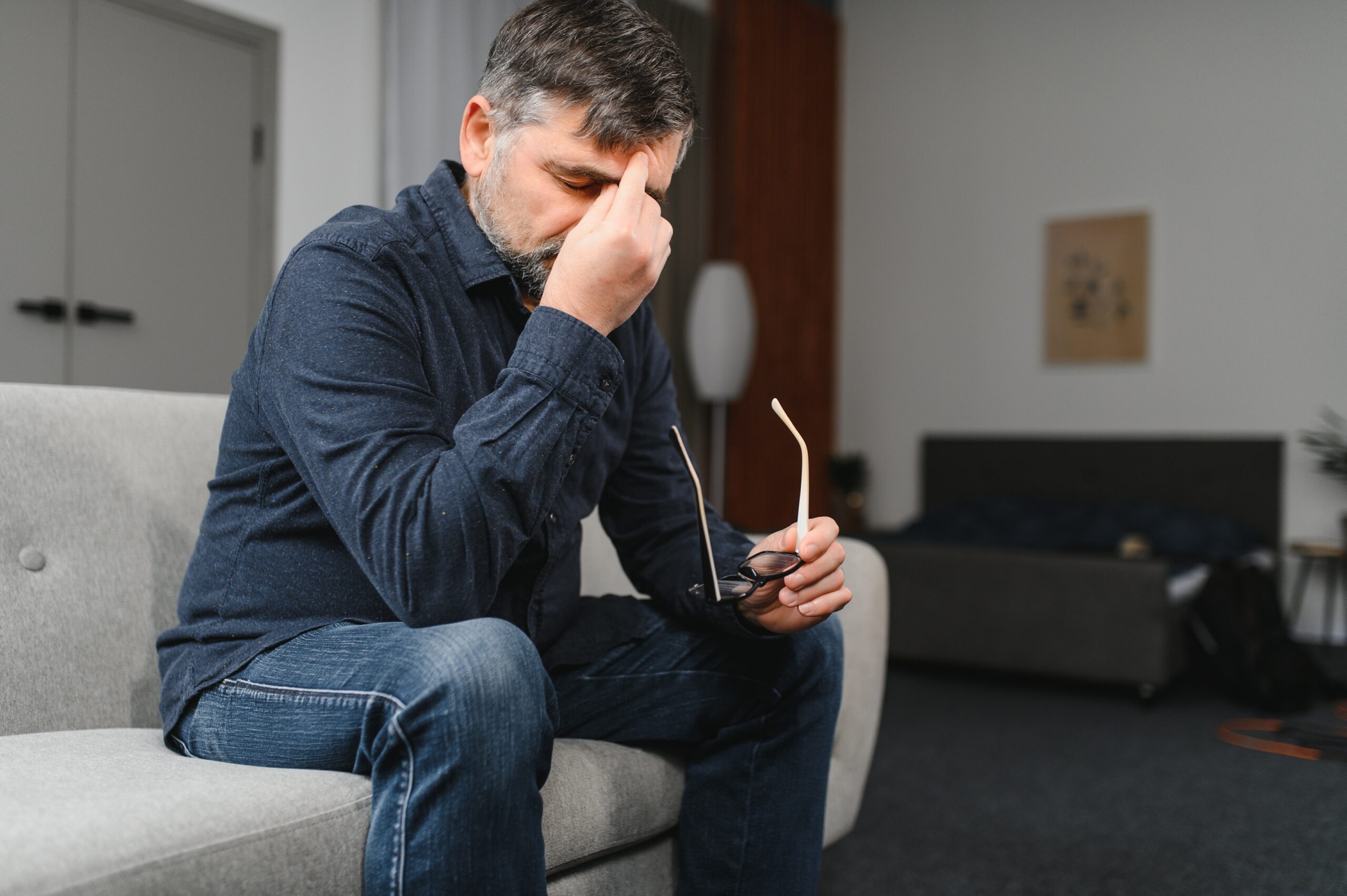
If you’re a caregiver for someone who’s disabled, seriously ill, or in hospice care, you know all too well the conflicting emotions that go along with that role, from fulfillment and joy to exhaustion and, oftentimes, guilt. But you aren’t alone: The 2020 Caregiving in the U.S. report from AARP and the National Alliance for Caregiving, showed that up to 70% of family caregivers experience guilt at some point in their caregiving journey.
Since guilt can be damaging to your well-being, it’s important to understand why those feelings can bubble to the surface as well as how to recognize — and best care for yourself — when they do.
How does caregiver guilt develop?
Caregiver guilt, at its core, comes from a sense that you aren’t doing enough for your loved one. Whether you’re beating yourself up for not being more patient, wishing for time to yourself or even feeling resentment toward your loved one for making it so difficult to juggle your responsibilities, the emotional conflict and self-criticism, although quite common, can have a negative impact on your mental health.
How can I overcome caregiver guilt?
Of course, the first step toward overcoming caregiver guilt is recognizing when feelings of inadequacy start to build. Simply taking time to catch your breath in the moment, and then practicing a little positive self-talk, can go a long way toward keeping guilt at bay.
Still, life as a caregiver will feel overwhelming at times. When you need a little extra support, it may be helpful to try a few of these coping strategies.
1. Use respite care services
Food and beverages are the fuel that keeps our bodies running well. Aim to eat fresh fruits and vegetables, whole grains, lean proteins, and low-fat dairy products. Drink water frequently to stay hydrated.
Try to limit processed foods, sugary sweets, and alcohol. Avoid skipping meals, which can sap your energy, slow your metabolism, and leave you more susceptible to whatever is quick and easy to eat, like fast food.
Everyone needs a break, even someone who’s deeply committed to caring for their loved one. When it starts to feel too hard to continue in a healthy way, it’s time to seek out short-term relief. Respite care for your loved one will allow you to take some time off to recharge while feeling confident they’re being fully cared for. Many organizations offer respite care. Traditions Health, for example, offers respite care services to hospice caregivers in a Medicare-certified or Medicaid-designated facility for up to five nights.
2. Make self-care a priority
Your needs matter just as much as those of your loved one. Self-care is about more than just showering, eating nutritious food, and making sure you get enough sleep. It also includes seeing your own doctor for regular check-ups and screenings and making time for activities that bring you joy, such as attending a play or concert, gardening, or exercising. If you’re too busy to schedule some self-care time, that’s a sign you’re in great need of respite care.
3. Ask for support
People often say it takes a village to raise a child. And the same is true when you’re caring for an adult. Ask for help from family members, coworkers, friends, neighbors, or other acquaintances with shopping, cleaning, cooking, and driving to doctor’s appointments. It might also be helpful to seek out a support group for caregivers. Aside from helping you feel supported by people in similar situations, a support group can help you connect to new ideas and resources.
4. Reach out to the professionals who care for your loved one
You can find support from the people who are providing medical care for your loved one. A hospice care team at Traditions Health, for example, includes a social worker, bereavement coordinators, therapists, and other support providers. These professionals can talk with you about the feelings you’re having and help you decide on the best path forward.
Here for you through your entire caregiving journey
The Family Caregiver Alliance reminds us that improved recognition and treatment of psychological symptoms in caregivers is a growing health concern and should be considered a public health priority. That’s why the Traditions Health team is here to help you navigate this difficult time.
Check out our caregiver resources page for more tips on how to take care of your loved one and yourself.